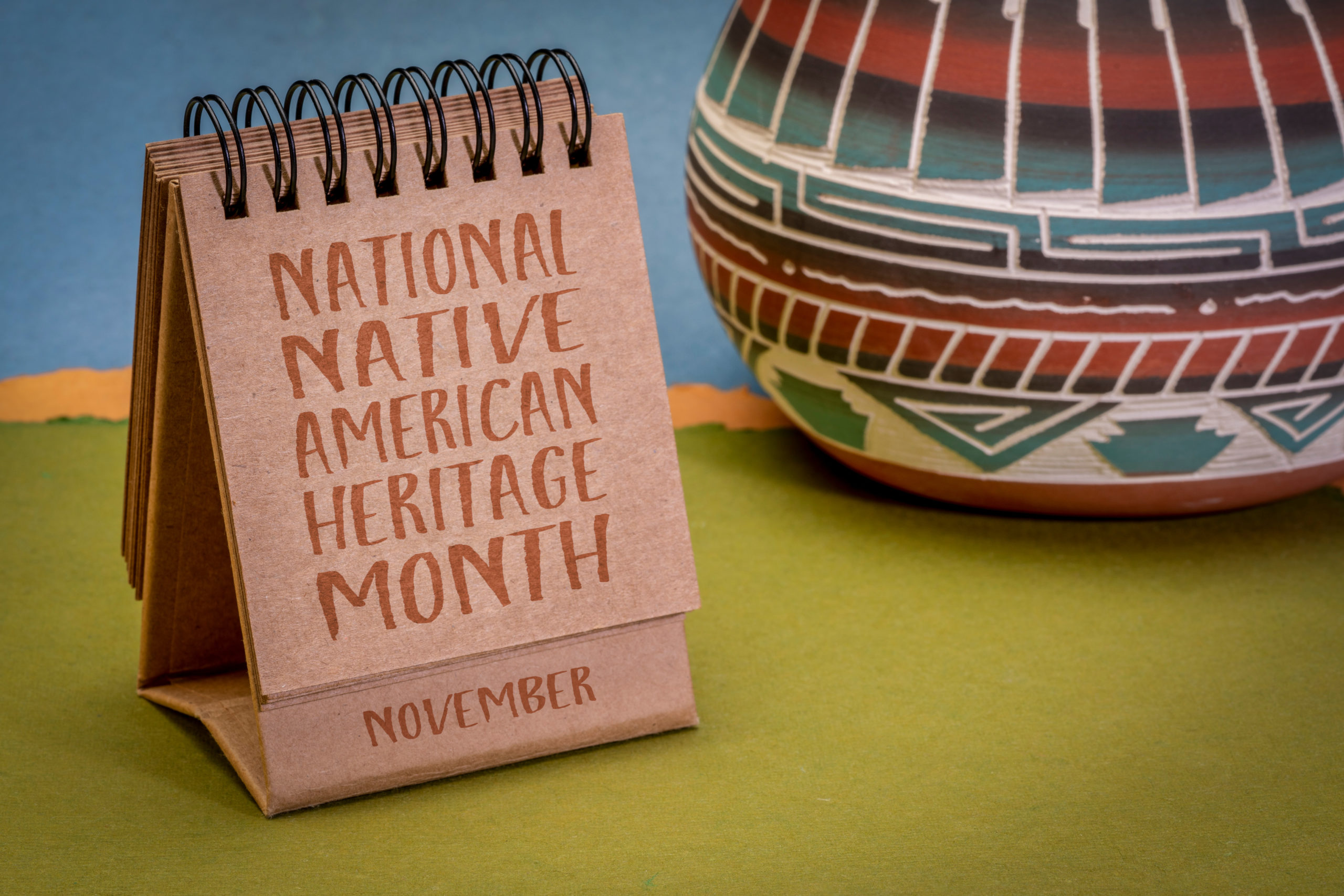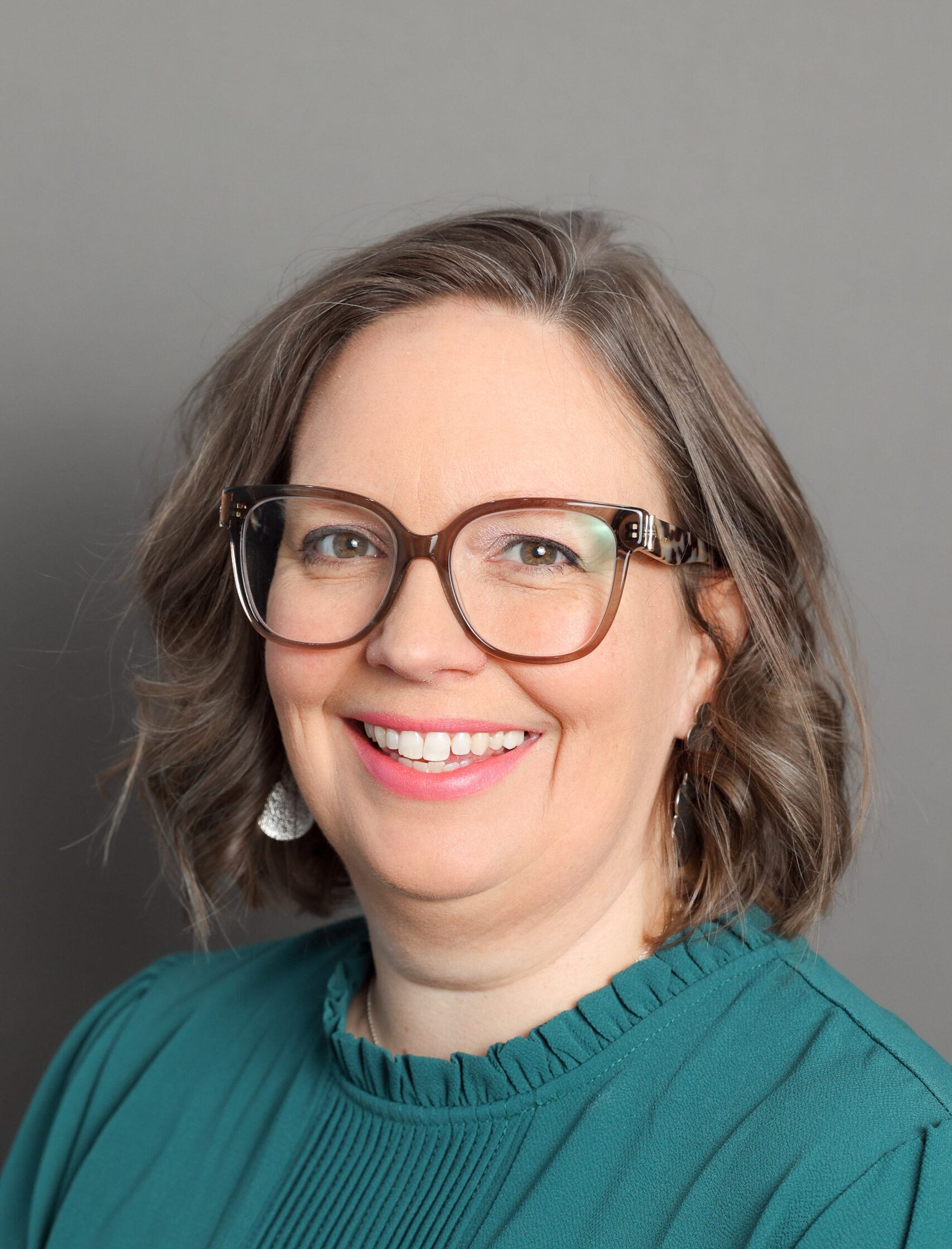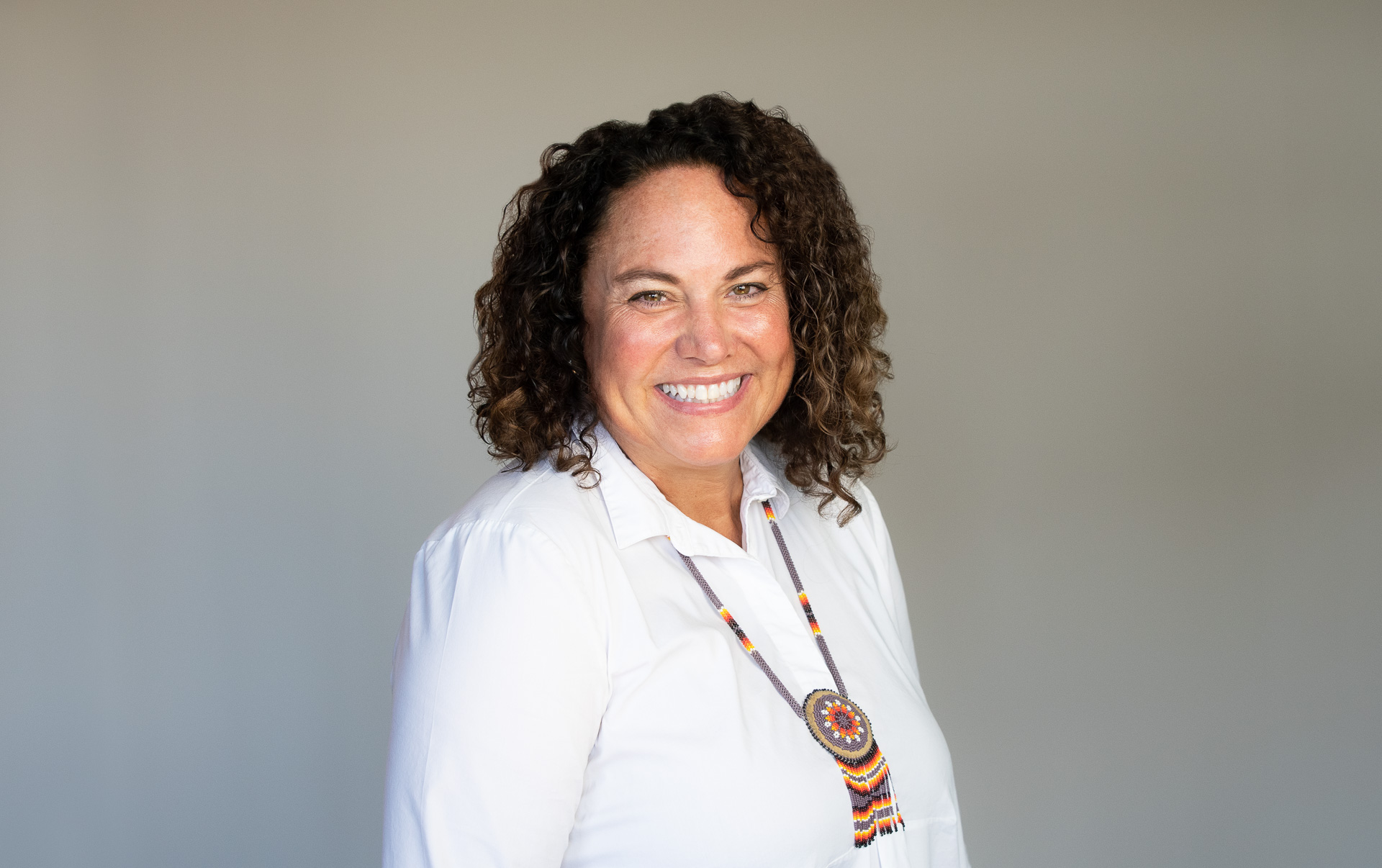Native American Heritage Month: Recommendations for funders

November is #NativeAmericanHeritageMonth, a time to celebrate the rich and diverse culture of Indigenous communities. Indigenous cultures are rooted in the values of generosity, respect, responsibility, partnership and reciprocity. These values hold true to this day and are what inspire Indigenous peoples’ continued philanthropic work. Indigenous peoples are the original philanthropists and their altruism is what made survival possible during the many waves of colonial settlers who came to this land.
A 2019 Candid report, Investing in Native Communities, revealed that only 0.4% of funding from top U.S. philanthropies went to Native communities from 2002 to 2016. In the last few years, anecdotally in our circles, we have noticed a shift in funding, interest and resources for Native communities. We hope that this shift continues and grows.
CDP is committed to continuing our work with Native communities, to building relationships and trust, and to providing grants and connections wherever possible. We hope that you might consider joining us in this commitment and in the celebration of Native American Heritage Month.
To build authentic relationships with Indigenous communities, grantmakers and donors must recognize and address the power imbalance that exists in the sector today. Philanthropy uses profits extracted from stolen land to fund their initiatives, which contributes to cycles of mistrust between mainstream philanthropy and Indigenous peoples.
We must also recognize that Native communities have generations of knowledge that can strengthen philanthropic practices. We must be willing to center and learn from Indigenous voices. We need to challenge our processes and timelines and act in ways that build trust and long-term relationships.
Recommendations for funders
Some of the lessons we have learned and recommendations we often share with other funders interested in working with Native-led organizations or communities include:
- Work in community with Native-led organizations. Build solid and deep relationships with tribal grantees and their communities. Transactional relationships do not work in tribal communities, mainly because of the history of colonialism and systemic discrimination.
- Invest in Native-led organizations and Native-designed solutions. Provide funding that supports the sovereignty, agency and self-determination of the community. Start by listening to what community members identify as capacity needs and provide flexible, multi-year financial support to meet those needs. If you cannot meet needs as they are revealed because of your funding limitations, be a connector to other funders and resources.
- Understand pre-disaster and layered community challenges. Take time to understand the systems affecting a community before working with that community. Poverty, food insecurity and inadequate housing challenges are heightened during and following a disaster. You can’t assume you are working on a single disaster; disasters and the ability to recover are layered in Native communities.
- Listen. Be humble. Be honest. Listening is the most important activity in communicating. Ask about and listen to the Native community’s needs, their ideas and solutions. Use your power to get Native leaders a place at the table. Be honest about the line between Indigenous values and colonial funder values. Teach your organizations to respect Native ways and about the importance of patience and building solid relationships.
We look forward to continued partnerships with Native communities and the great work our grantee partners will do in their communities. You can read about the impact Native-led organizations are making in disaster recovery in their communities in these recent impact stories:
- Oklahoma Indian Legal Services (OILS)
- Leech Lake Area Boys and Girls Club
- Wambli Ska
- Hoopa Valley Tribe
- Great Plains
If you are looking for ways to acknowledge Native American Heritage Month, Native Americans In Philanthropy provides a comprehensive, easy-to-use American Heritage Month Communications Toolkit.

